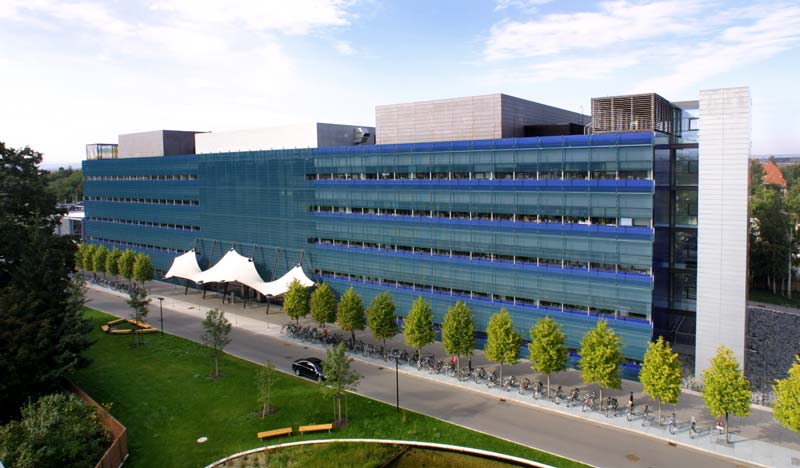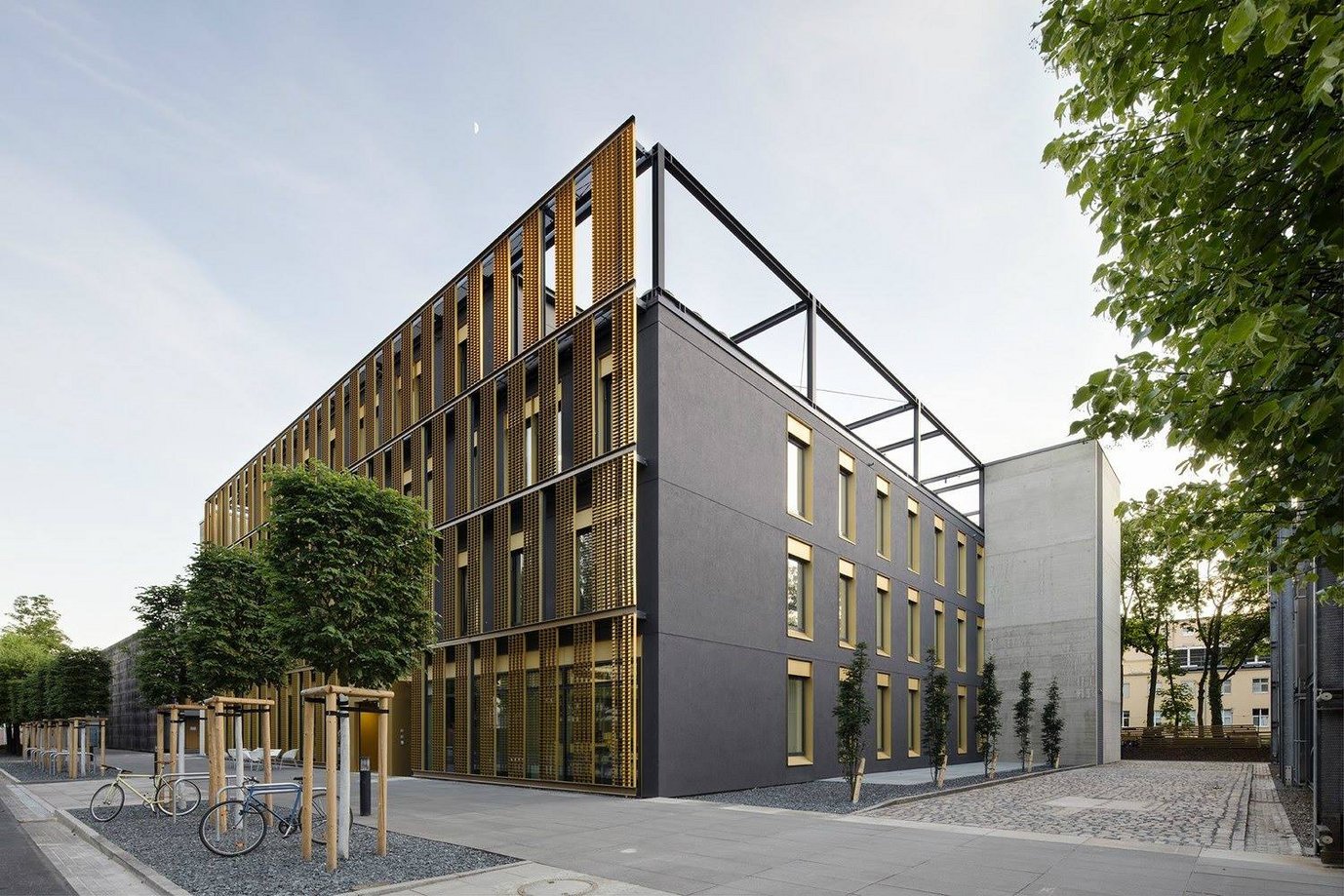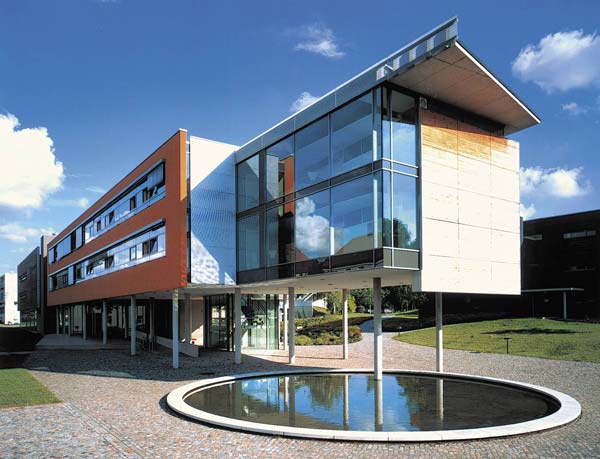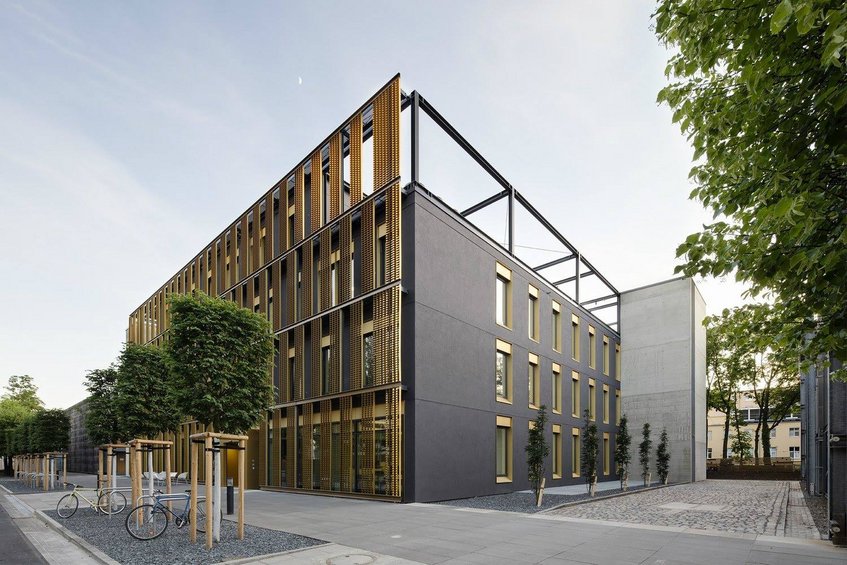Research Insitutions & Location
The IMPRS-CellDevoSys places PhD students in research groups based at three sites: the Max Planck Institute of Molecular Cell Biology and Genetics (MPI-CBG), the Center for Systems Biology Dresden (CSBD), and the Max Planck Institute for the Physics of Complex Systems (MPI-PKS).
We are tightly connected with our partner program, the DIGS-ILS, and the ~100 Reserach Groups therein. The IMPRS-CellDevoSys and DIGS-ILS together form the Umbrella Structure: The Dresden International PhD Program.
All of these are in the scientist-friendly city of Dresden.
What is the Max Planck Society? What does it mean to be in a Max Planck Institute?
Founded in 1948, the Max Planck Society is Germany’s flagship institution for basic research, with 85+ institutes across the country and abroad. It consistently ranks among the top non-university research organizations in the world, and has produced over 30 Nobel Laureates, including recent prizes in physics, chemistry, and medicine. Max Planck Institutes offer researchers academic freedom, world-class infrastructure, and cultivates a culture of scientific independence. Naturally, our doctoral researchers are part of this legacy. The Max Planck name stays on your CV for life — a mark of excellence recognized by universities, research institutes, and industries around the globe.
Max Planck Institute of Molecular Cell Biology and Genetics (MPI-CBG)

The Max Planck Institute of Molecular Cell Biology and Genetics (MPI-CBG), founded in 1998, does pioneering work in the field of basic research. 500 curiosity-driven scientists representing 50 nationalities ask: How do cells form tissues? Investigators research the molecular principles underlying morphogenesis, such as regulation of size and shape, and how the morphology of cells and tissues emerges from the interactions between individual molecules and cells. The research programs span multiple scales of magnitude, from molecular assemblies to organelles, cells, tissues, organs, and organisms.
Center for Systems Biology Dresden (CSBD)

The Center for Systems Biology Dresden (CSBD) houses an interdisciplinary team of physicists, computer scientists, mathematicians, and biologists. The center's mission is to develop theoretical and computational approaches to biological systems across different scales, from molecules to cells and from cells to tissues. Starting from primarily observations of spatio-temporal phenomena, investigators seek multi-scale models that can explain the principles by which a system functions and that predict how it reacts to perturbations. The center combines a unique blend of state-of-the-art genomic technologies and quantitative microscopy, with computer vision, computational science, and theoretical physics.
Max Planck Institute for the Physics of Complex Systems (MPI-PKS)

The Physics of Complex Systems, as a relatively young field, is developing rapidly and constantly. The goal of the Max Planck Institute for the Physics of Complex Systems (MPI-PKS) is to contribute to the research in the field of complex systems in a globally visible way and to promote it as a subject. Furthermore, aims to pass on innovations in the field of complex systems as efficiently as possible to the young generation of scientists at universities. The concept rests on two pillars: in-house research and a program for visiting scientists.
Dresden
Whether you enjoy the bustling tempo and broad resources of a city, or you prefer the charm and close connections of a smaller town, Dresden is a great place to live and work. Long renowned as an important cultural center, the city is also now a major hub for science and technology. Situated on the Elbe River, Dresden showcases some of Europe's most charming Baroque architecture. The 24/7 public transit system allows you to easily get anywhere you need to go, and several other great cities (like Berlin, Leipzig, and Prague) are quite accessible by train or car. You can learn more about Dresden here.
International Office
Our onsite International Office offers expert support and assistance for international PhD students before arrival and during studies in Dresden. The intention is to enable a smooth transition and to handle the bureaucracy associated with living in a foreign country. Whether you have questions about visas, residency permits, apartments, bank accounts, or insurance, the International Office can help, so that you can concentrate on thesis work from the very beginning. For further information, please visit the International Office website.
